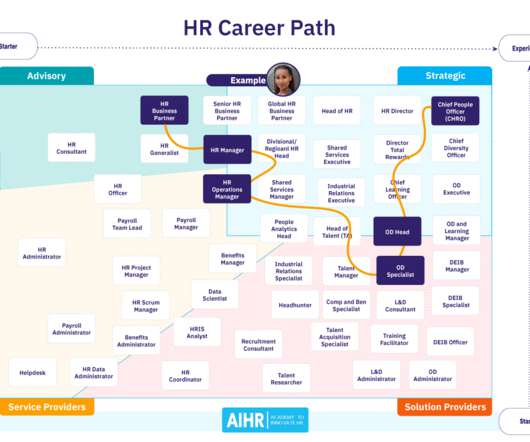HR Finance 101: A Guide To Finance for HR
AIHR
JANUARY 11, 2023
A debit is an entry that increases the value of an asset or expense in an account or decreases the value of equity or liability. A credit increases a liability or equity or decreases the value of an asset or expense in an account. A transaction is entered into an accounting record, typically in the ledger.












Let's personalize your content